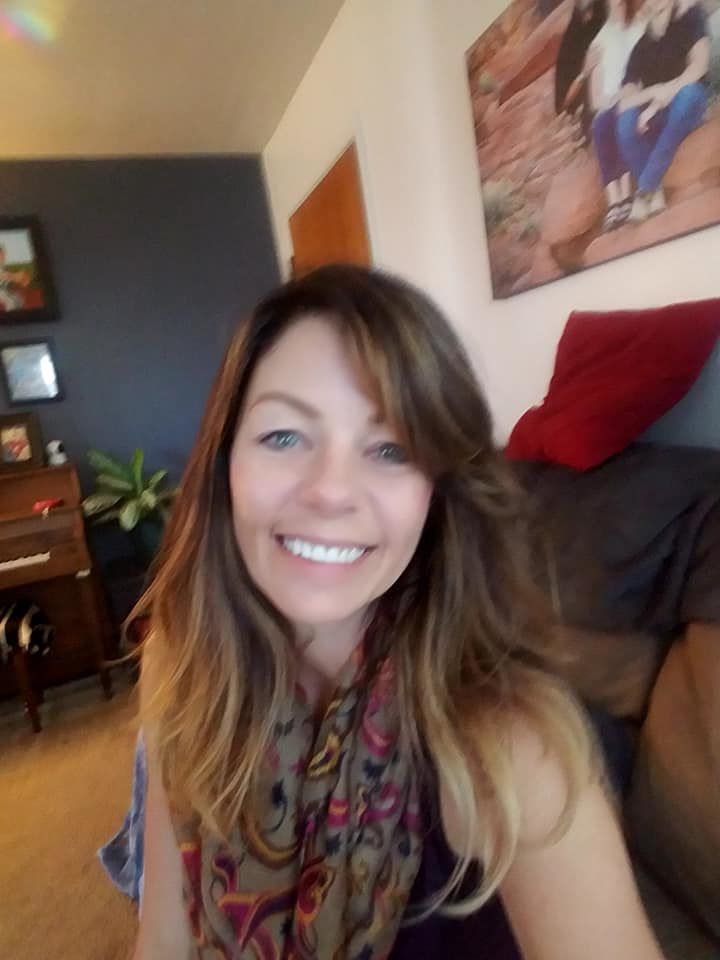Some information may be outdated.
I think the feelings of isolation and disconnection from everyone and everything that we love are what have been the most difficult part of the pandemic. It continues to break my heart that I can’t hug the people that I love and care for, that when I meet new people I can’t shake their hand to show my respect, and that I can’t just jump in the car to go sit with someone who is struggling so they don’t have to be alone.
How we communicate, how we celebrate, how we socialize….everything has changed. It can evoke feelings of anxiety, depression, and a plethora of other emotions that are challenging to deal with, even with the proper support; going it alone may seem so overwhelming that it’s difficult to even try.
Those fighting for their lives in recovery from substance use disorders have unique challenges in getting their needs met to maintain and sustain their recovery. Those newer to the world of sobriety are the most vulnerable to relapses in this scary time of uncertainty and disconnection. So much of what makes recovery work is transforming what was once a very isolating, secretive, and lonely way of life into one of openness, transparency, and honesty. Recovery must be filled with supportive relationships that provide the guidance necessary to face the wreckage of the past by making intentional efforts to restore, repair, and rebuild.
During the pandemic, with the social distancing guidelines and suggested orders to stay at home, those trying to recover from addiction have had to face this change on their own. The genuine hugs that they have begun to depend on from their sponsors are gone. The nods of understanding from another person in recovery who understands the feelings of someone new to sobriety, gone. The unconditional acceptance they have found inside the recovery community is also gone, leaving them to fight alone. Facetime or Zoom meetings must fill their desperate need for connection and belonging, replacing true supportive time with a friend or step work with a sponsor. The loss of access to some resources has been felt by all in the recovery community.
I asked some people in the recovery community how the pandemic has affected their recovery, and some common answers were centered around feelings of isolation and a desire to encourage those affected to reach out for the support they need.
“Isolation is a huge part of the disease of addiction. Be sure to reach out, it can make a big difference. You aren’t alone,” said Lanette Denton.
“During the pandemic, things that have been challenging for my recovery have been adjustment to change, accepting that things may never be ‘normal’ again, financial and economic insecurities, and isolation,” said Heidi Fugar.
Heidi told me how she has overcome these challenges with a call or a text from a friend. Her preferred ways of meeting with her peers on a weekly basis in recovery is through social media at this time.
“If this happened in the beginning of my recovery, man; I have no idea where I would be,” Derick Thompson told me. Derick is mere days away from graduating adult drug court.
“Obviously, it’s affected my recovery by not being able to attend meetings in person. The lack of personal interaction with other human beings has a great impact on a person’s recovery,” said Dona Rodda. “Being available to listen to someone who is struggling and staying in contact is a great way to be supportive! Getting outdoors and into the fresh air helps to put things in perspective and to realize that life can be truly beautiful.”
We are all existing in collective anxiety while we’ve been so isolated from one another, detached from our normal routines and lives and feeling extreme loneliness. We can do a lot for each other to minimize the negative impact, and we can keep those at risk for relapse in our hearts. Addiction runs through the hearts and souls of all of us: we all know someone in recovery or someone struggling with addiction; often both. We can all make a difference. We can get through this together, and continue to look for the good in one another.
Never underestimate the power of your smile to restore, heal, and to provide hope…even if it is from behind your mask.
Tara Wilder is an advocate for positive recovery language and is a case manager/certified peer support specialist/DCFS liaison with Four Corners Community Behavioral Health at the Moab clinic.
Appreciate the coverage? Help keep local news alive.
Chip in to support the Moab Sun News.



